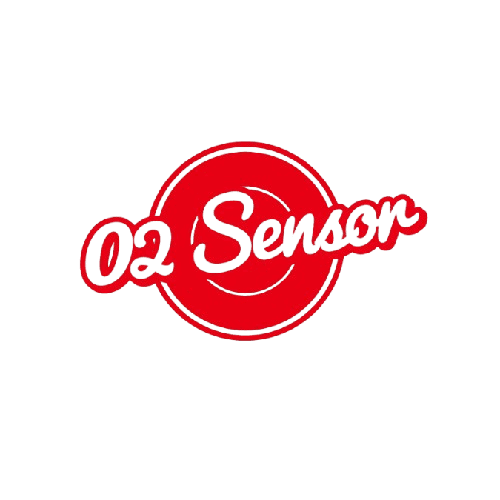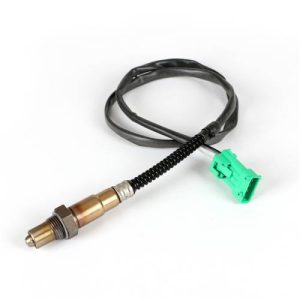Your cart is currently empty!
What sound does a bad oxygen sensor make? How to predict a bad oxygen sensor?
Greetings to all automotive enthusiasts and curious drivers seeking insights into the realm of vehicle diagnostics! The modern vehicle is a symphony of interconnected components, each playing a crucial role in its operation. Among these components, the oxygen sensor—often referred to as the O2 sensor—holds a distinct place. In this article, we delve into a common query: What sound does a bad O2 sensor make, and how can you predict its impending failure? Join us on this exploration of understanding the symptoms and predictive cues associated with a malfunctioning bad O2 sensor.

What Sound Does a Bad O2 Sensor Make?
The Silent Indicator
Unlike mechanical components that produce audible cues when they malfunction, a bad O2 sensor typically doesn't emit distinct sounds. This is because the O2 sensor is part of the exhaust system, monitoring exhaust gases' oxygen content. Instead of producing sounds, it manifests through changes in engine performance, fuel efficiency, and emissions.
Symptoms of a Malfunctioning bad O2 sensor
Poor Fuel Efficiency: A bad O2 sensor can lead to an inaccurate air-fuel mixture, resulting in increased fuel consumption.
Rough Idling: Your vehicle's engine may experience unstable idling when the O2 sensor fails to provide accurate data to the engine control module (ECM).
Check Engine Light: A common indicator, the Check Engine Light, might illuminate on your dashboard, signaling potential O2 sensor issues.
Reduced Performance: A bad O2 sensor can lead to sluggish acceleration and reduced overall engine performance.
Predicting and Addressing a bad O2 sensor
Diagnostic Measures
Predicting a bad O2 sensor involves keen observation and utilizing diagnostic tools. Regularly scanning for error codes using an OBD-II scanner can provide insights into the sensor's health. In addition, monitoring your vehicle's fuel efficiency and performance over time can help identify subtle changes that might indicate bad O2 sensor issues.
Professional Evaluation
Seeking professional evaluation is recommended if you suspect a bad O2 sensor. Automotive technicians possess the expertise and tools to diagnose sensor problems accurately. They can interpret error codes, perform tests, and determine whether the O2 sensor requires replacement.
Conclusion
In conclusion, the query "What sound does a bad O2 sensor make?" might not yield a distinctive auditory answer, but its impact on vehicle performance is undeniable. Recognizing the symptoms and predictive cues associated with a bad O2 sensor empowers you as a responsible vehicle owner. Remember that the sensor's role goes beyond sound—it influences fuel efficiency, engine performance, and emission control. Embrace the insights offered by modern automotive technology, and drive with confidence, knowing that your vehicle's performance is optimized by the precision of a well-functioning O2 sensor.






Leave a Reply